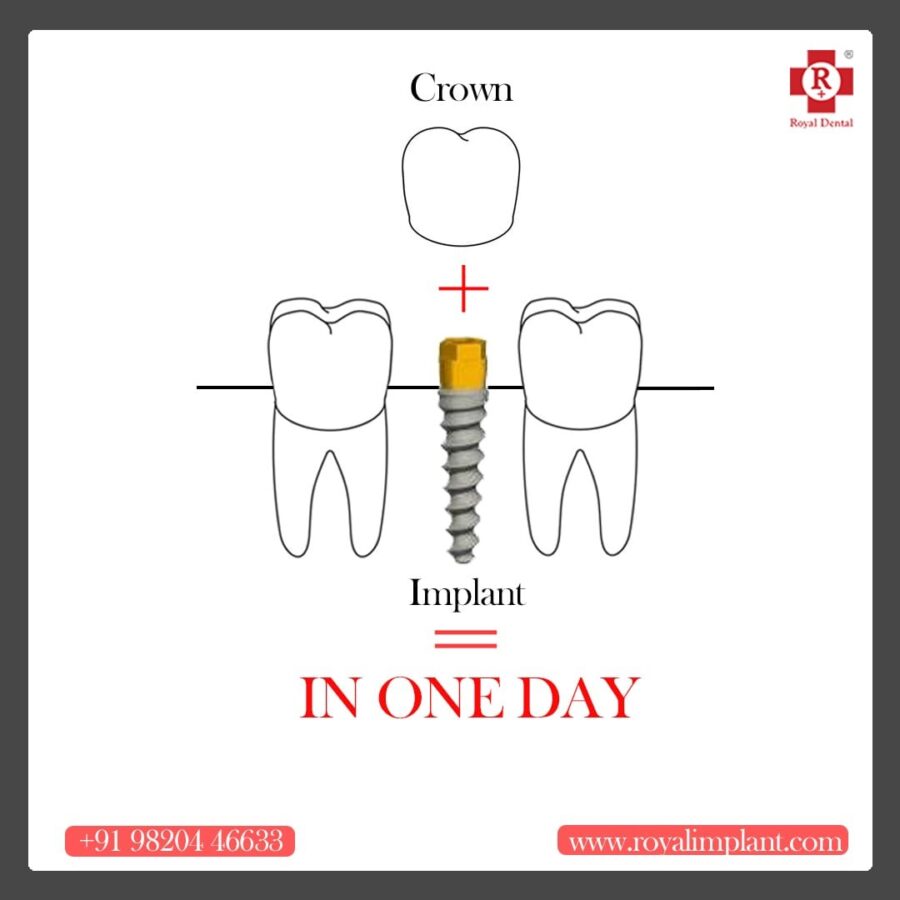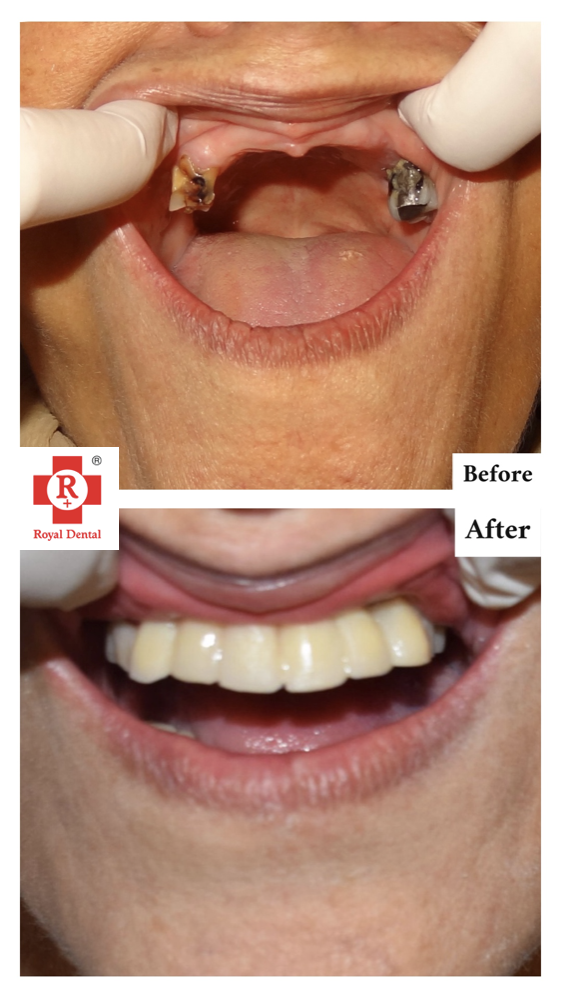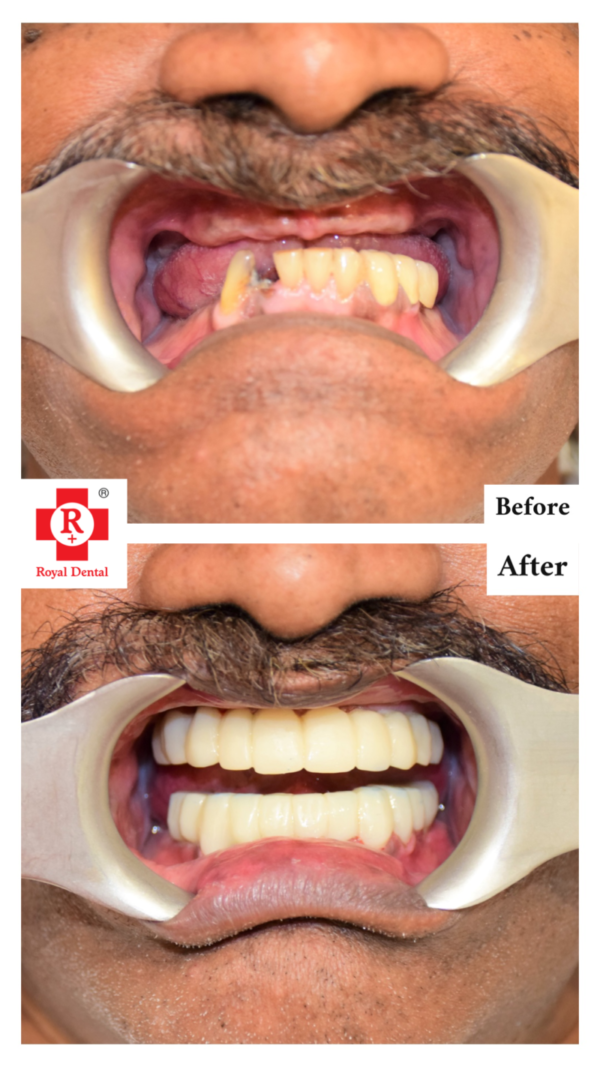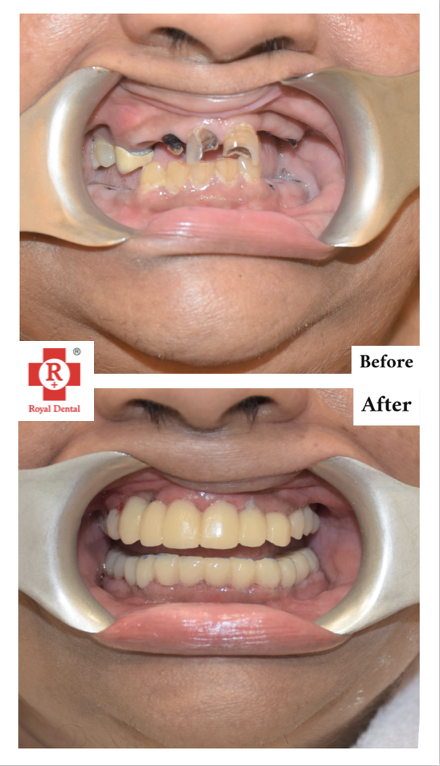Dental implants are one of the most effective solutions for replacing missing teeth and helping you smile again. If you’ve lost multiple teeth or have broken or weak remaining ones, dental implants can give you a new lease on life. The process of getting a dental implant involves the surgical insertion of an artificial tooth into your jawbone. Implant surgery is typically very successful, with patients reporting minimal discomfort and quick recovery times. Here is everything you need to know about dental implants and how they can help you smile again.
What is a dental implant?
A dental implant is a surgical tool that replaces the root of a missing tooth. The implant is placed in your jawbone and will fuse with your body over time. While not every implant is designed to host a full crown and tooth, many can function like a natural tooth root. Implants are a popular alternative to dentures, which are removable and can feel unnatural.

Two common implant types?
Endosteal: This implant is installed into soft tissue inside the jawbone and creates a new anchor for a false tooth.
Subperiosteal: This implant is installed on top of the jawbone and fuses with the bone over time.
How do dental implants work?
Dental implants are surgically installed into your jawbone to create a permanent anchor for replacement teeth. The jawbone naturally regenerates and fills in any gaps, making it a suitable site for surgically implanted hardware. The implant acts as a root and provides a strong foundation for a false tooth. Once the implant is installed, the root of the tooth is removed and a false tooth is attached. The jawbone will grow around the implant, fusing the implant with the bone over time. A natural tooth root would also fuse with the surrounding bone, so the process is not unusual.
Dental implant types
There are many types of implants and several variations on each type. The type of implant selected depends on the strength, location of the tooth loss, and other factors. Here are some of the most common implant types:
- Dental Bridge: This implant is used to replace a single tooth. A dental bridge is not as stable as other implant types, so it is limited to individual teeth without opposing teeth.
- Fixed dental implant: This implant is often installed for a single tooth. It is similar to a dental bridge but is more stable.

- Dental implant with a root: This implant is used to replace single or multiple teeth and can anchor a denture.
- Implant with a retentive device (retainer): This implant is used to replace a single tooth and can anchor a partial denture.
Why are implants so effective?
Dental bone naturally regenerates and fills in any gaps, making it an ideal site for surgically implanted hardware. The implant acts as a root and provides a strong foundation for a tooth. The bone naturally grows around the implant and fuses with the implant, creating a very stable site for a prosthetic tooth.
The bone naturally regenerates and fills in any gaps, making it an ideal site for surgically implanted hardware. The implant acts as a root and provides a strong foundation for a tooth. The bone naturally grows around the implant and fuses with the implant, creating a very stable site for a prosthetic tooth.
Dental Implant Procedure
Before you can get dental implants, your dentist needs to prepare your gums and jawbone for surgery. This process is called osseointegration and is done with a series of dental procedures. After the gums and jawbone are prepared, the implant surgery is completed in one visit. The entire process takes between two and three hours, with most patients reporting minimal discomfort. Once the surgery is complete, you’ll need to wait for your gums and jawbone to heal.
You may feel some mild pain and experience some swelling, but most patients report minimal discomfort.
You’ll need to avoid eating anything that is hard or chewy for several weeks after surgery.
Also you will also need to take antibiotics before and after dental implant surgery to prevent infection.
After dental implant surgery
After dental implant surgery, you will need to wait several months to allow your gums and jawbone to heal. During this time, you will wear a retentive device (retainer) to keep your mouth closed and avoid moving the implants out of position.
You may need to wear an anti-sucking device to prevent damage to the new teeth.



Side Effects of Dental Implants
Dental implant surgery is very safe and has few side effects. You may experience some pain and swelling in the days following surgery. These side effects are typically mild and require minimal treatment. You may also experience some difficulty eating following implant surgery, but this will subside within a few weeks. You may be at an increased risk of gum disease and tooth decay following implant surgery. This is due to changes in your dental routine and an increased risk of plaque and bacteria buildup.
You should maintain a good oral hygiene routine and schedule regular dental visits to avoid complications.
You may need to use special cleaning products to avoid damaging the soft tissue around the gums.
Also should avoid grinding your teeth and regularly use a mouth guard to protect your teeth.
Avoid smoking and alcohol to reduce the risk of gum disease.
Conclusion
They are an effective way to replace missing teeth. Once fully healed, you can use an artificial tooth to restore the missing tooth. The bone naturally regenerates and fills in any gaps, making it an ideal site for surgically implanted hardware. Ready to get implants? Find a dentist near you who specializes in dental implants.
Follow Us For More Updates





